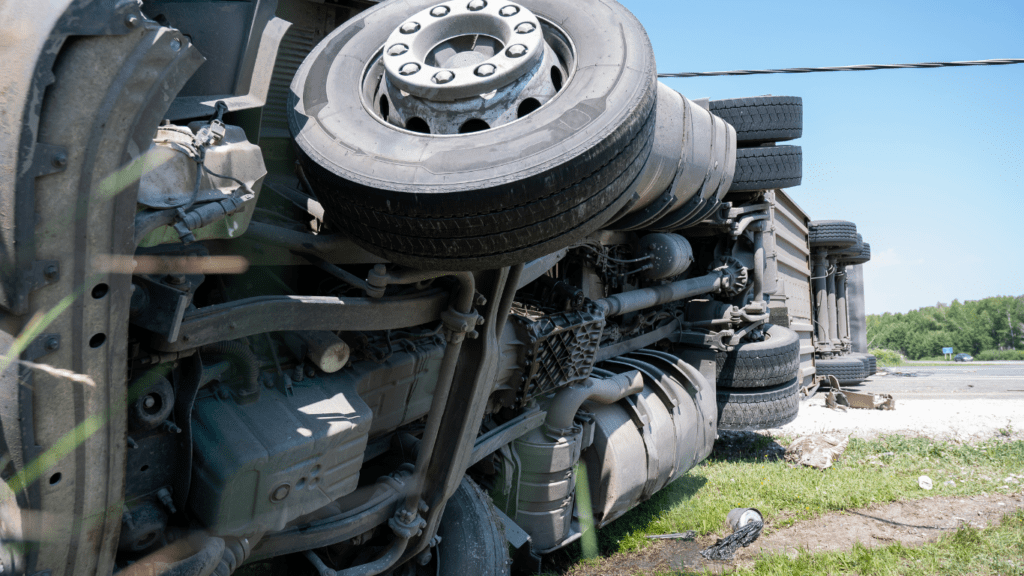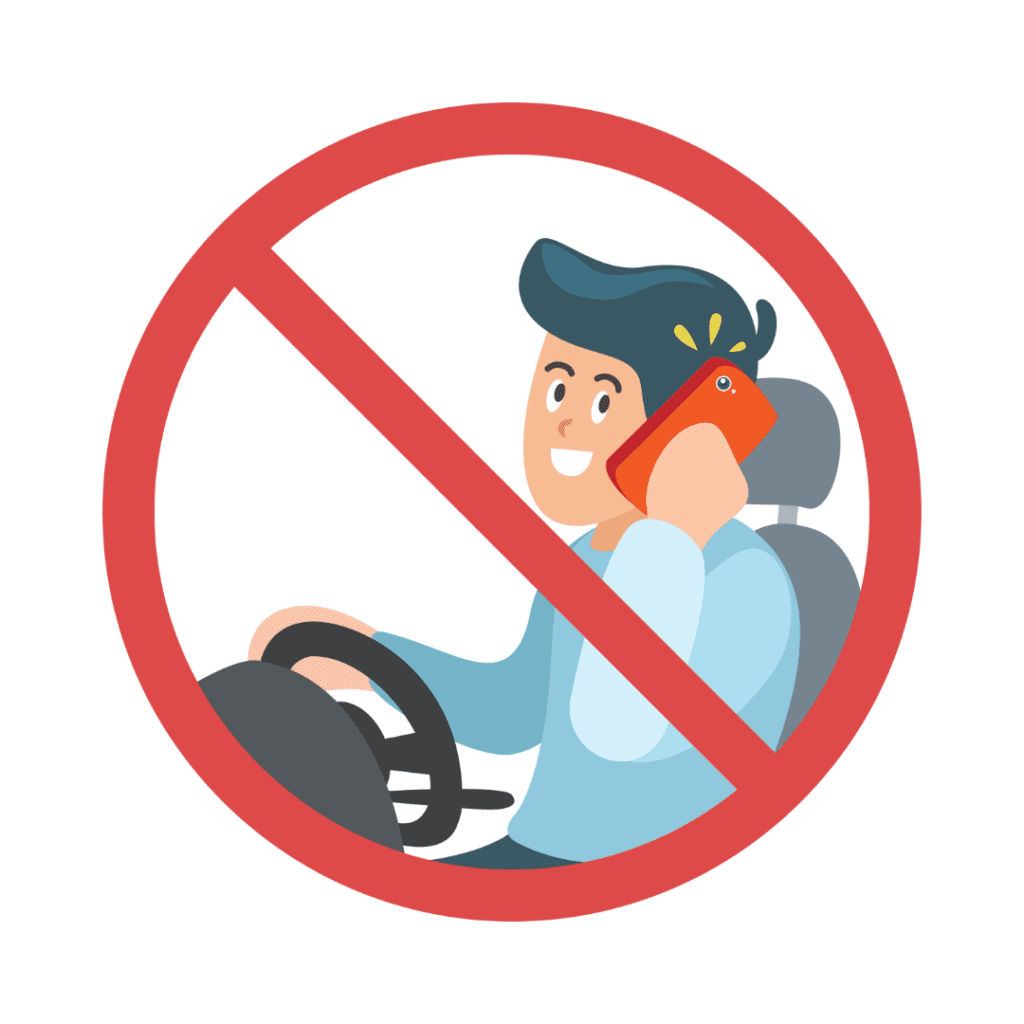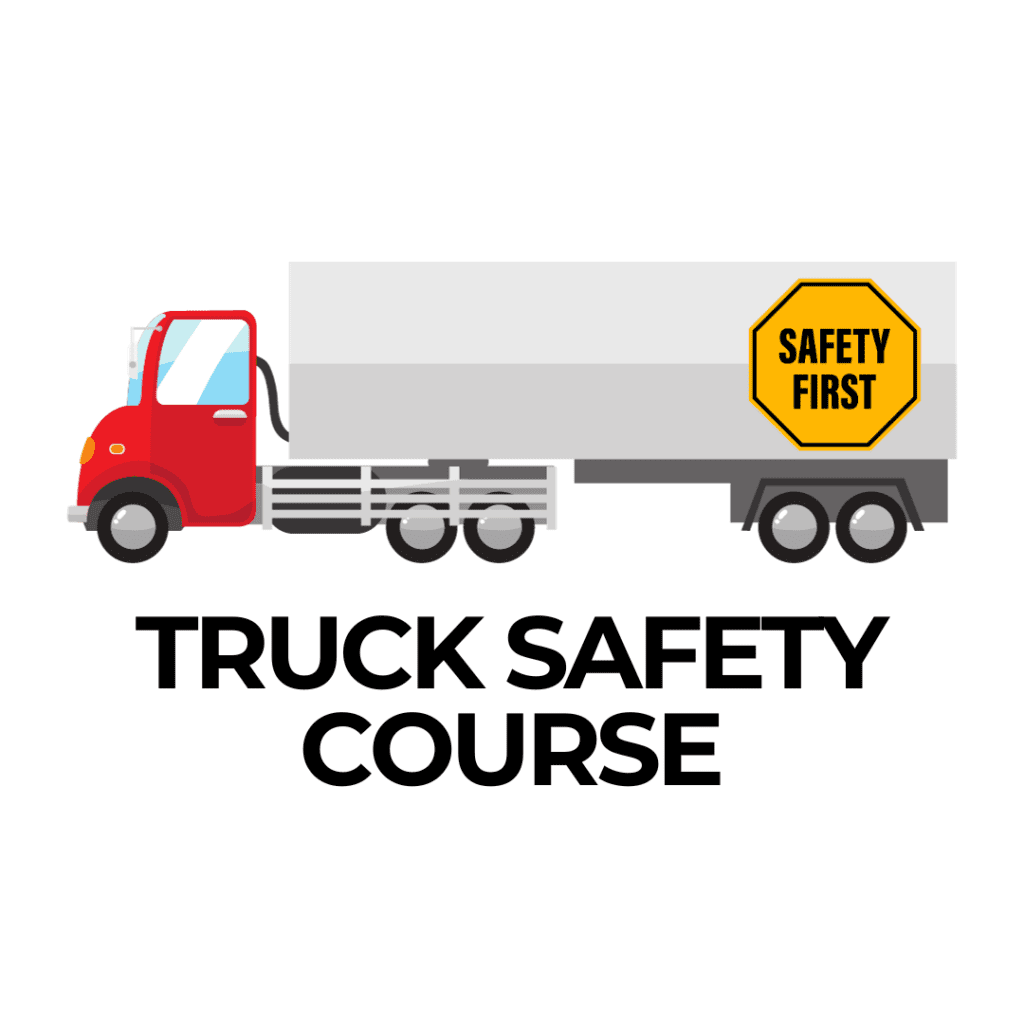Truck rollovers typically aren’t just accidents. They are often preventable incidents as someone’s negligence is to blame. Every truck driver, whether new or highly experienced, is at risk of a rollover. Semi-trucks are significantly larger and heavier than passenger vehicles, which is why rollovers are some of the most deadly collisions. However, taking the proper precautions can reduce the risk of a rollover on California roads and highways.

At GJEL Accident Attorneys, we have years of experience representing injured victims in California truck rollover accidents. From our experience, we have gained an understanding of what causes truck rollovers. Here are seven essential tips to keep in mind to help you avoid a truck accident and rollover.
1. Avoid Distractions While Driving

Distractions are a leading cause of truck rollovers. Looking at your phone, eating, or fiddling with the radio can have catastrophic consequences. The key to avoiding distractions is preparation and discipline. Set your GPS and playlists before you start driving. If you need to take a call, use hands-free devices. Don’t try to eat while driving; instead, pull over and take a break to finish your meal.
2. Follow Speed Limits and Adjust Speed for Prevailing Conditions

Speed is a significant factor in many types of truck accidents, especially rollovers. It’s crucial to adhere to all speed limits. However, sometimes, you need to adjust your speed below the posted speed limit. Load type and weight, weather conditions, and traffic are just a few factors that impact the speed at which you should travel. Generally, the faster you drive, the harder it is to stop or react to sudden changes.
Curves and turns are especially notable points of danger. You should always reduce your speed before reaching a curve, especially on an unfamiliar road.
3. Monitor Weather and Road Conditions

Weather can be unpredictable, especially when driving on roads prone to snowfall and high winds. Always adjust your driving style for the prevailing weather conditions. Watch for wet or icy roads, and be mindful of crosswinds that can make your truck less stable. If there’s a wind warning in effect, it might be better to stop and wait rather than risk being blown over.
4. Conduct Regular Vehicle Maintenance

Regular maintenance is essential for any vehicle. However, it’s even more crucial that large trucks undergo regular maintenance and safety checks. For example, worn-out brakes and underinflated tires can spell disaster for a truck driver. An undiagnosed problem with the truck’s suspension system could cause the truck to roll when the driver makes a sudden maneuver.
Truck drivers should have a routine in place regarding pre-trip inspections. Don’t agree to transport cargo if your company is skipping safety checks and inspections. Detecting a minor issue beforehand can reduce the risk of rollover and ultimately save your life.
5. Prioritize Rest to Avoid Fatigue

Driving while fatigued is a significant hazard in the trucking industry. Some companies push drivers to exceed the federal mandates on the maximum hours a driver can be on the road. Prioritizing rest isn’t just about compliance with driving hour regulations; it’s about acknowledging your body’s limits. Ensure you take adequate breaks and get sufficient sleep before long hauls.
Try to adhere to a consistent sleep schedule, even when not driving. If you feel drowsy when you’re behind the wheel, don’t push through. Utilize rest areas and plan your route with scheduled stops.
6. Ensure Proper Loading and Weight Distribution

Uneven or improper cargo loading can lead to imbalance and make your truck more prone to rollovers. A trailer with an unsafe load can cause your truck’s center of gravity to shift. That can increase the risk of a rollover, especially if you have to make a sudden maneuver.
Before getting on the road, drivers should verify the load is secure and within the required weight restrictions. Carrying a load that exceeds maximum capacity can have catastrophic results in the event of a rollover.
7. Take a Truck Safety Course

Advanced driver training goes beyond the basics and will make you a more defensive driver. These programs often include practical techniques for avoiding truck rollovers, such as emergency maneuvering, skid control, and advanced braking methods. Look for reputable training programs that offer hands-on experience and confirm they teach up-to-date safety information.
Contact a California Truck Accident Lawyer at GJEL Accident Attorneys
At GJEL Accident Attorneys, we understand the unique challenges truck drivers face. It’s important to know that you have legal rights if you were injured in an accident involving a truck rollover. Contacting a truck accident attorney following an accident is important because these can be complicated claims to pursue.
Our attorneys have years of experience representing severely injured victims and can help you seek justice for your damages. Call GJEL to schedule a free, no-obligation consultation if you need assistance. Let us review your case and help you decide the best course of legal action.
